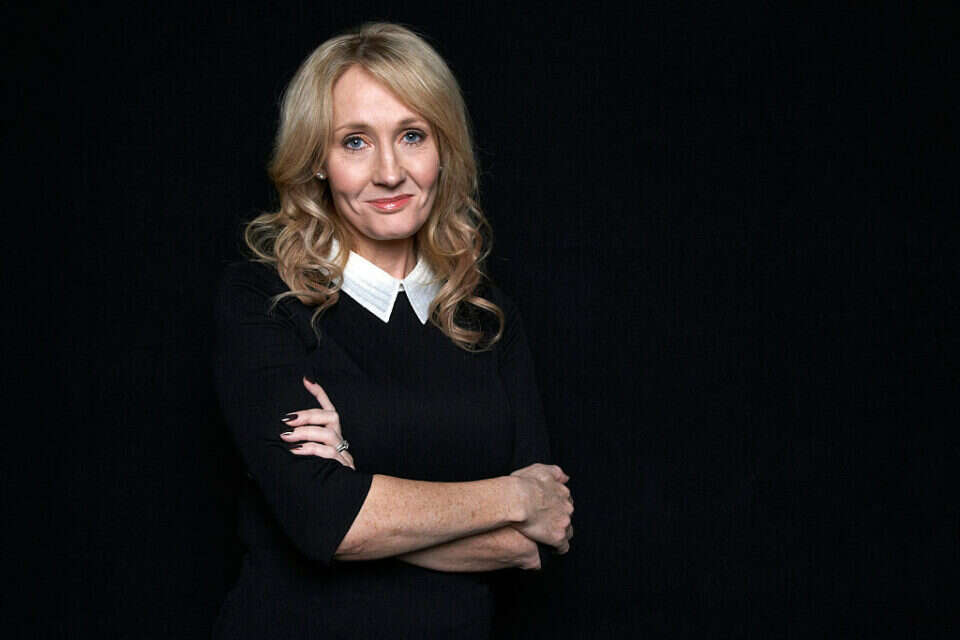JK.
Rowling, author of the Harry Potter series of books, is resuming her war on the transgender community.
This time the author chose to speak out against constitutional reform in Scotland, which would allow for gender recognition of transgender people.
In a tweet on the Twitter account, the writer caused anger among many, especially Nicolas Sturgeon, the senior minister in the Scottish Government.
Sturgeon is leading the socio-political move in question, which aims to make the process of legal recognition that transgender people will receive in their status accessible.
"Several women's groups have presented Nicola Sturgeon with evidence from credible sources about the high likelihood of negative consequences of this law for women and girls," Rowling wrote last Monday.
"All the evidence has been ignored. If the law is indeed passed and these consequences turn out to be true, the Scottish Government will not be able to claim that it has not been warned in advance."
Multiple women's groups have presented well-sourced evidence to @ NicolaSturgeon's government about the likely negative consequences of this legislation for women and girls, especially the most vulnerable.
All has been ignored.
If the legislation is passed 1/2
- JK Rowling (@jk_rowling) March 7, 2022
If the law is passed, it will allow transsexuals in the country to officially declare that they plan to live permanently for the rest of their lives in the gender they have adopted, and will no longer be required to present to government bodies proof of group affiliation, or presentation of medical history documents.
In response to Rowling's controversial tweet, Sturgeon was interviewed on BBC Radio 4, where she expressed strong disagreement with the writer's views.
"The bill does not give trances any privileges, not even one right to which they are not currently entitled," the minister said.
"Yes, it does not deprive women of any gender equality rights that exist."
Daniel Radcliffe, Emma Watson and Rupert Grint alongside writer Jay.
K..
Rowling premieres "Harry Potter and the Sorcerer's Stone" in 2001, Photo: Getty Images
As mentioned, this is a new chapter in the war that Rowling declared on the issue of trance rights.
In June 2020, the author tweeted ridicule about an article that featured the term "men getting menstruation" instead of "women."
The tweet provoked a great deal of anger towards her, and in response JK wrote an entire article explaining her position on the subject.
Four months later, Rowling kindled the fire, when in the suspense book she published "Troubled Blood" she introduced the character of a serial killer who dresses in women's clothing.
Someone please send the Shadow Minister for Equalities a dictionary and a backbone. # HappyInternationalWomensDay https://t.co/2dXZivMHyO
- JK Rowling (@jk_rowling) March 8, 2022
Yesterday (Tuesday), International Women's Day, Rollins attacked British MP Analyze Dods, with whom she chose in a radio interview not to give her own definition of the term "woman" when required to do so.
"Someone please send (Dods) a dictionary and a backbone," Rollins tweeted, adding: "Happy International Women's Day."
She later tweeted: "Apparently, according to the Labor government, the name of this day should be called 'Goddess Day that oil will not be mentioned'."
Were we wrong?
Fixed!
If you found an error in the article, we'll be happy for you to share it with us

